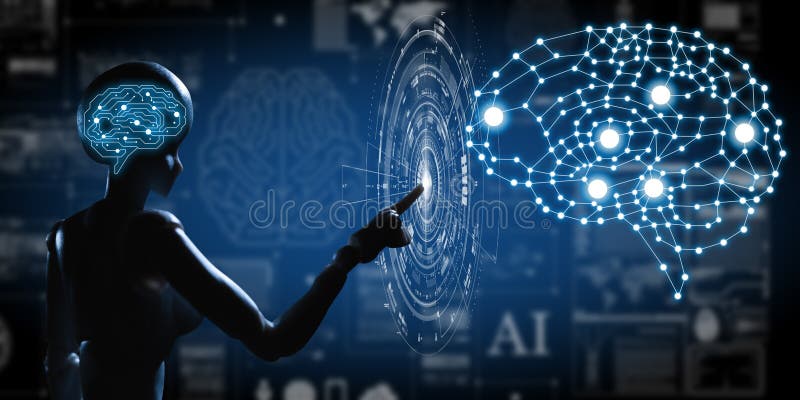Emerging Technologies

Artificial Intelligence
Artificial intelligence (AI) is the intelligence of machines or software, as opposed to the intelligence of human beings or animals. It is a field of computer science that develops and studies intelligent machines, with a primary goal of creating technology that allows computers and machines to function in an intelligent manner. Major AI sub-fields include machine learning, deep learning, natural language processing, and computer vision.

Nanotechnology
Nanotechnology is the understanding and control of matter at the nanoscale, typically 1–100 nanometers, where materials can exhibit size-dependent properties. Emerging from mid-20th century ideas and enabled by late-20th century instrumentation, it spans physics, chemistry, biology, materials science, and engineering, with applications in electronics, energy, medicine, and manufacturing.

Quantum Computing
Quantum computing is a type of computation that harnesses the collective properties of quantum states, such as superposition, interference, and entanglement, to perform calculations. The devices that perform quantum computations are known as quantum computers. They are believed to be able to solve certain computational problems, such as integer factorization, substantially faster than classical computers.

Xenobot
Xenobots are computer-designed, lab-assembled biological constructs made from frog cells that exhibit locomotion, environmental interaction, self-repair, and, under specific conditions, kinematic self-replication. Developed by researchers at the University of Vermont, Tufts University, and Harvard’s Wyss Institute beginning in 2020, xenobots are built from unmodified Xenopus laevis embryonic cells and explored as a model system in synthetic biology, robotics, and artificial life.